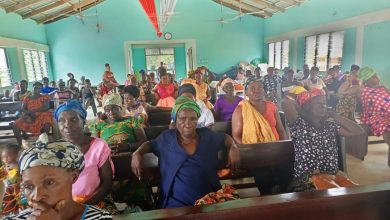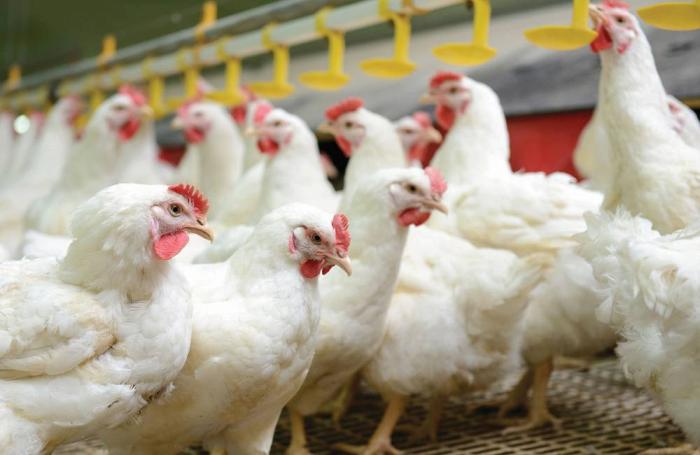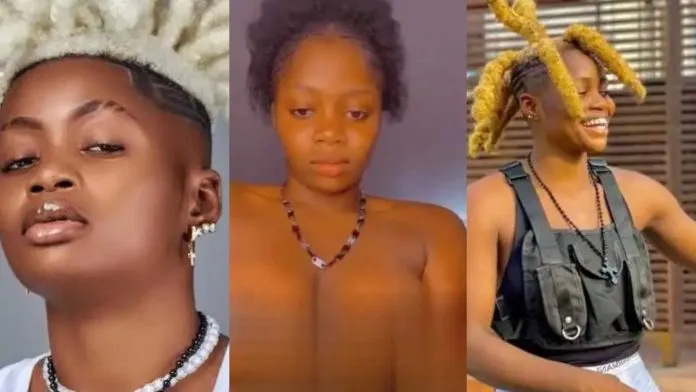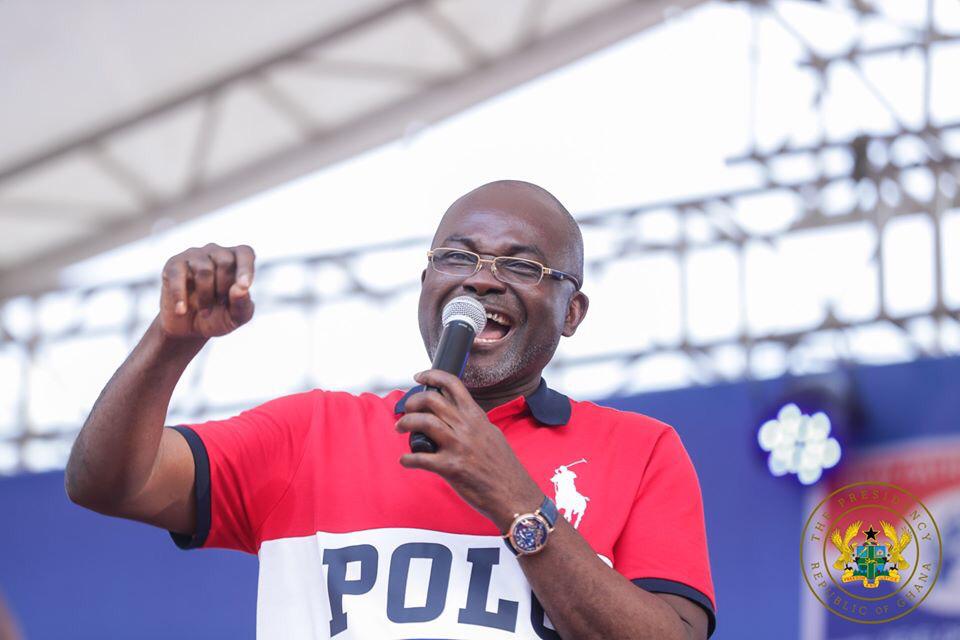We didn’t print $22.04 billion to support the government’s budget – Bank of Ghana
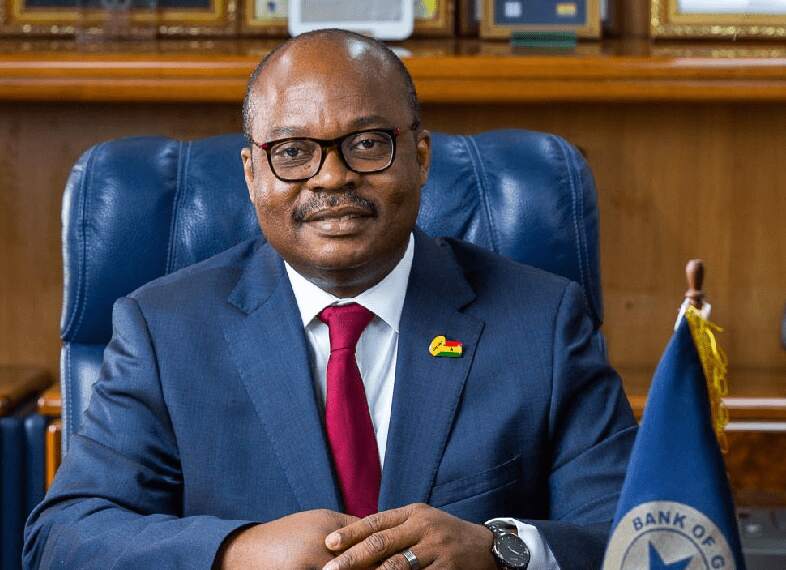
Bank of Ghana has denied allegations made by the minority in parliament that it printed $22.04 billion in currency to fund the government’s budget.
The number of 22.04 billion, the Central Bank clarified, indicates net claims against the government, not fresh money printed to finance the government’s budget.
Cassiel Ato Forson, the minority ranking member of the finance committee in parliament, claimed yesterday, July 25, 2022, that the Bank of Ghana had printed $22.04 billion without the consent of the legislature to finance the government’s budget.
In reaction to the 2022 Mid-Year Fiscal Policy Review that Minister of Finance Ken Ofori-Atta gave to Parliament, he made the statement.
According to the Central Bank, “out of the overall funding of 28.12 billion, an amount of 22.04 billion was registered under BoG in Appendix 2A of the Mid-Year Fiscal Policy Review document. The amount that the Ranking Member is referring to as “BoG’s printing of money to finance the budget”
The net claims of 22.04 billion, it was noted, are made up of the following four items.
They include the International Monetary Fund SDR allocation paid to the government through Bank of Ghana, the draw-down of the government’s own deposits held with Bank of Ghana, the negative balance on the government’s account with Bank of Ghana at a particular point in time, and self-liquidated as new Government deposits credited to the account.
“First, there is a sum of 1.6 billion Ghanaian cedis that represents the GoG Stocks and Bonds that Commercial Banks sold to Bank of Ghana under Repurchase Agreements. In accordance with a repurchase agreement that obliged the bank to buy back these bonds at a later time, Bank of Ghana acquired these bonds, held by a commercial bank since 2021, to provide liquidity to the bank.
Bank of Ghana’s holdings of GoG bonds increased by 1.6 billion as a result of the secondary market purchase of these bonds. This wasn’t due to a loan to the government; rather, it was due to the purchase of a GoG bond that the bank had initially bought for investment purposes. The Bank of Ghana often enters into similar agreements (Repos and Reverse Repos) with commercial banks that own government bonds and need cash to meet short-term obligations as part of its role as a liquidity provider to the banking industry. These agreements don’t amount to Bank of Ghana lending to the government, it was stated.
“Banks receive the proceeds from the sale of bonds; the government does not. If the Bank of Ghana buys such bonds from banks, it holds onto them until they mature, unless the banks decide to buy them back.
The Bank of Ghana added that “IMF resources are usually meant for Balance of Payments support, and it goes directly to the central banks” and that “6.2 billion of the amount reflects on-lending of IMF SDR resources to government, in line with the overall objective of the special SDR operation by the IMF.”
It added that “last year, Bank of Ghana received additional SDR allocation of SDR 707.3 million ($1.001 billion), which was intended to help nations handle challenges associated to the Covid-19 epidemic. However, in this specific instance, the special SDR allocation from the IMF. The Bank of Ghana on-loaned the extra funds to the government in accordance with the larger goals of the special SDR allocations. The presentation of the 2022 Budget received approval from Parliament. There have been 6.2 billion SDRs added to the budget so far.
Additionally, 2.85 billion is a withdrawal from the government’s own deposits at the Bank of Ghana. These include of statutory monies including the Sinking Fund, National Health Insurance, and District Assembly Common Fund. Donor-related monies and the operational Bank of Ghana accounts for Ministries, Departments, and Agencies (MDAs) are also included.
It also stated that “the leftover sum of 11.4 billion included in the 22.04 billion indicates an overdraft balance on the Government’s treasury main account held with Bank of Ghana as of the reporting date. Since the auction method is set up to guarantee same-day settlement of maturities and interest payments after the bidding is over, overdrafts of this kind occasionally happen. The development of the local currency bond market has been supported by the auction system’s promise of same-day settlement of maturities and interest payments. When there have been uncovered auctions, maturities are immediately resolved with such a guarantee, and a reconciliation with the government is subsequently performed.
Once more, it read, “incoming government cash deposits are then automatically utilised to liquidate such overdrawn accounts on a rolling and continuing basis. The current gap, which is worth GHC11.4 billion, represents the net gap at the end of June 2022. This balance is regularly paid off. By the end of the year, any unpaid debt must be cleared.


